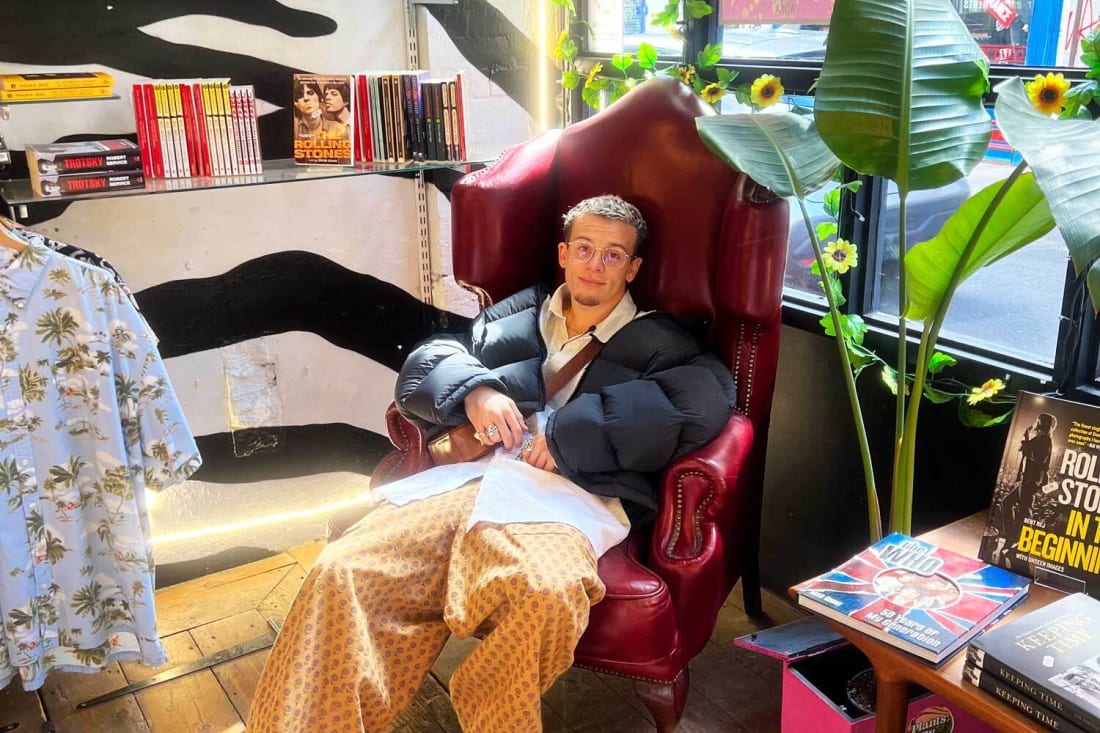10 signs you're a highly sensitive person
High sensitivity affects 20% of the population – here are the traits, causes, pitfalls, and coping mechanisms
High sensitivity affects 20% of the population – here are the traits, causes, pitfalls, and coping mechanisms
I’ve always been that person who cries at TV adverts. I often sense what other people are feeling. Music can impact me so viscerally that, if I don’t like what I’m hearing, I need to either a) pull the plug on it or b) plan my escape route, pronto. It was a bone of contention with an ex boyfriend of mine at university who would frequently tell me to stop being so sensitive and emotional. Have you been told this too?
When I first came across the term 'highly sensitive person’, I felt seen. Finally, everything made sense. American psychologist Elaine Aron came up with the term in the early 1990s to describe people who had a highly attuned nervous system and a greater level of awareness of the physical, emotional and social stimuli around them. Put simply, people who thought, felt, and processed everything more deeply than others.
If, like myself and 20% of the population, you fall into this ‘HSP’ category, rest assured you’re not being awkward or difficult, or any of the other things people may have called you. Aron’s research has shown that highly sensitive people are in fact wired differently to others. Our brain chemistry is different. Most notably, we have more active mental circuitry, neurochemicals, and blood flow in the areas that process emotion, awareness, and empathy.
Over the last three decades, her work has helped millions of people around the world understand themselves better and harness their sensitivity to their advantage. Take celebrities like Kanye West, Scarlett Johansson, and Lorde for example, who have identified themselves as HSPs, attributing much of their creativity and success to their high sensitivity.
How to tell if you're a Highly Sensitive Person?
You are aware of the subtleties in your environment, including sights, sounds and smells.
You notice nuances in other people’s energy, facial expressions and body language.
You feel deeply moved by art, nature or music.
You have a rich and complex inner world, with deep thoughts and emotions.
You experience a greater level of empathy for the people around you.
You are affected by other people’s moods, often taking on and feeling their experience too.
You feel easily overwhelmed by strong sensory input like busy crowds, bright lights or loud noises.
You avoid exposing yourself to certain situations that might feel upsetting or stressful.
You find it unpleasant to have a lot going on at once.
You need to withdraw often, seeking privacy, downtime, and relief from stimulation.
Aron also developed the Highly Sensitive Persons Scale. If you tick 14 or more of the boxes, then congratulations! You are highly sensitive, and part of a club of deep thinkers and feelers.
But now what? How do we navigate and manage our sensitivity for optimal wooness and inner peace?
Aron says that recognising you’re a HSP is an important first step. From there, you can cultivate a toolbox of self-care practices. You might find mindfulness-based activities helpful, as well as carving out quiet time to decompress and replenish your energy after busy, stimulating periods. Asserting your boundaries is also a big one – it’s okay to exercise your ‘no’ and avoid people or situations that drain or overwhelm you.
London-based singer, producer and HSP Chenai Zinyuku says: “being so in tune with your own and other’s emotions or feelings and the environment around you, makes it easier to channel and express emotion that others connect with through art, but it can throw us off course when we don’t realise that not every feeling is ours to keep.”
“When I was younger I didn’t have the tools I have now, like meditation and yoga,” Zinyuku continues. “I was chaotic in mind and emotion, feeling everything and everyone. Learning to get present and just allow and observe the feelings rather than get caught up in them, really helped me focus. Better music happens when I stop trying to control or direct my experience, just observe and allow it to move through me. Music is a feeling, after all.”



